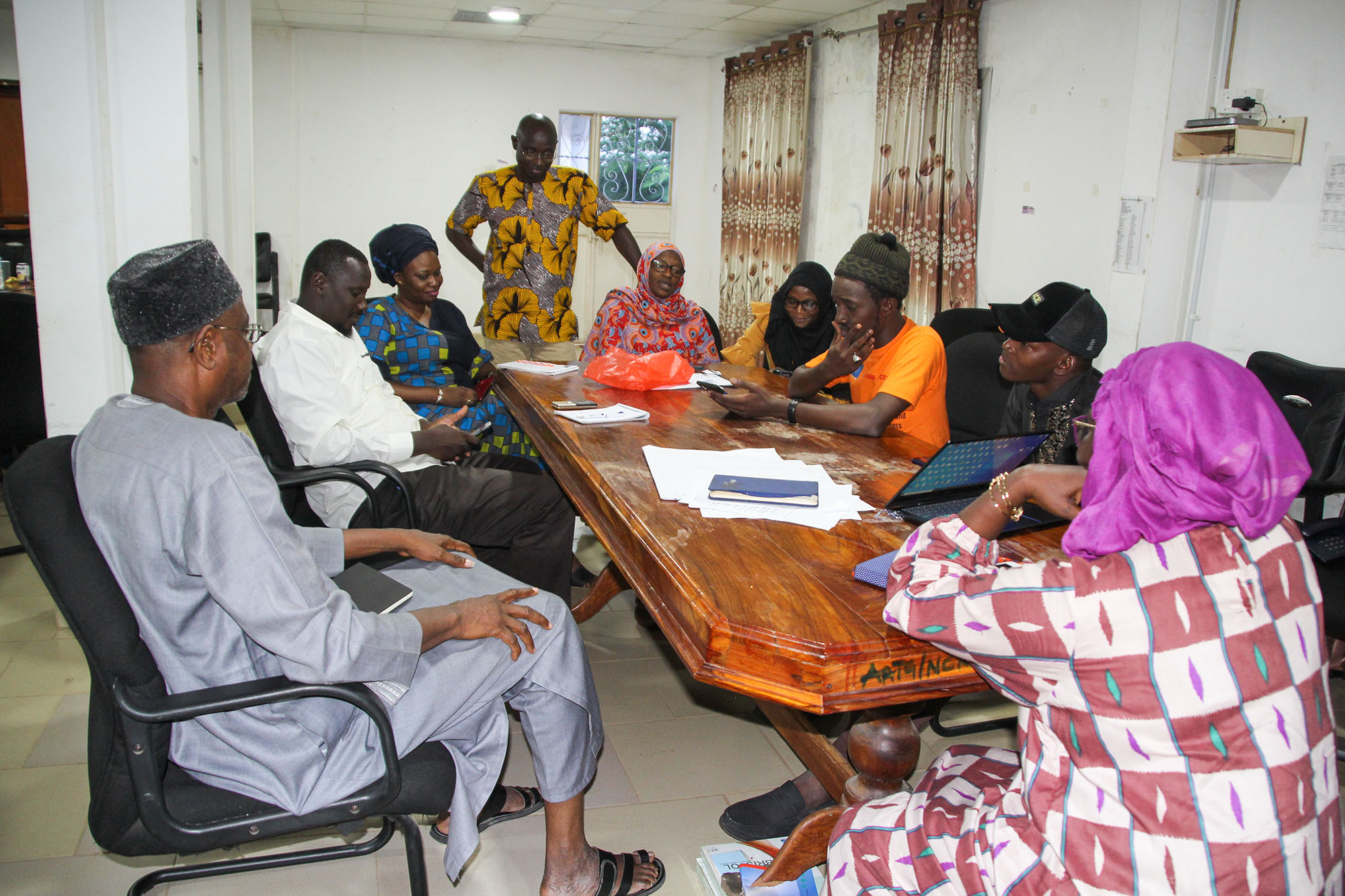By Isatou Jallow
Caritas Gambia, on Friday, concluded a two-day engagement with numerous religious leaders on a peacebuilding forum on the coexistence of people with different faiths.
The forum organised by Caritas Gambia was held at the Senegambia Beach Hotel and attended by religious leaders – Imams, Pastors, and senior members of both the Islamic Supreme Council and the Christian Council, members of the National Assembly, political party representatives, and journalists.
Since 2017, Caritas and Catholic Relief Services have been conducting social cohesion programs in The Gambia through the 3Bs/4Ds methodology. The 3Bs/4Ds offer a means to bring single-identity and mixed-identity groups together for introspection, dialogues, and joint actions.
The 3Bs according to Caritas bind the reconstruction of the person through self-healing and self-transformation while the other B is bonding which strengthens relations within identity groups through intra-group transformation processes and the final B is bridging which develops trust between two or more identity groups.
The 4Ds include Discover: unearth the gold that nurtures social cohesion, Dream: Envision a shared or desired harmonious future, Design: reflect on co-conceived, and innovative inclusive projects and Deliver: Transform your world by engaging in joint actions.
The 3Bs/4Ds Social Cohesion Methodology aims to contribute to maintaining, reopening, and strengthening communication and encouraging peaceful relationships between individuals, religious, political, ethnic, and diverse groups in The Gambia.
Fr. Moses Drammeh, a religious leader who serves as the resource person said religion is a very strong instrument in a nation, but when tempered with, its consequences could be destructive.
He, therefore, urged religious leaders to respect each other’s faith and learn to live in harmony. “All religions need to be given the respect they deserve and need to be treated equally,” he said.
He recalled that there was a time in the Gambia when Christians and Muslims attended and celebrate each other’s festive which shows respect for each other’s religion and humanity at large. “In our families, we have biological relatives with different faith but this should not stop us from living together as a family. Despite our religious diversity, we are one people,” he said.
For his part, Ousman Jallow said the history of the Gambia has explained some of the things that always lead to misconceptions. He noted that in many cases, people fail to dialogue which is always a contributing factor to misconceptions.
“Looking at the Gambia, what has happened is what is still happening now. History continues to repeat itself, but we fail to learn from the past to save our futures,” he said. Since the first republic up to date, the Gambia has never experienced a smooth transfer of political power from one regime to another and the political leaders always fail to have a dialogue with the people.





